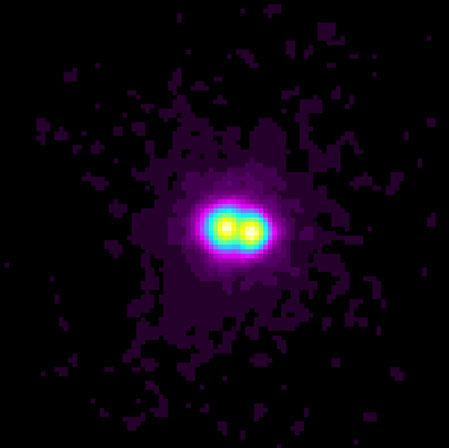
 Available Instruments
Available Instruments

 Available Instruments
Available Instruments

The abundance of space instruments recently or currently
in operation, increased
availability of 6-8 meter class telescopes,
and greatly enhanced data
storage techniques have resulted in an enormous wealth of data on every
type of astrophysical system that poses a challenge to
researchers.
For the XRBs which are highly variable the concurrent presence of
the RXTE/ASM that continuously measures their X-ray spectral states
invites a new and innovative program to harness the available information
to facilitate detailed studies of individual systems as well as comparative
studies
between classes of systems.
Instead of having to go to a dozen databases, overcome the potential
barrier of reducing the data, only to find that the available spectra
are not suitable for their science object, the researcher will be able to
go to one site and actually see the spectra energy distribution for a source,
with the X-ray spectral states identified for
ease of comparison. This will enable them to quickly decide which data
are worth putting in effort to extract and further analyze.
Research using this database will enable the separation
of stellar, wind, disk, and jet components in XRBs, determination
of the density, ionization, and departure from sphericity of the winds from
massive systems, modeling of long-term variations, and inference
of the geometry of
the geometry of
the emitting region.
